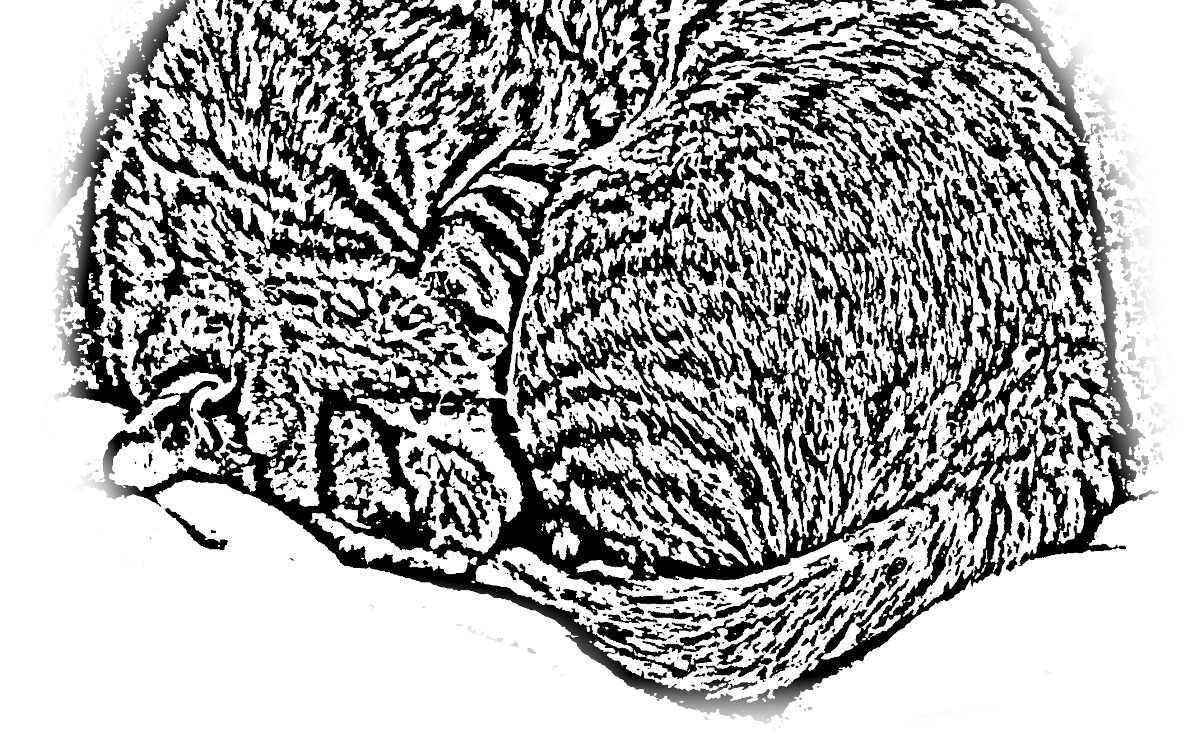Among Others: A Life in Books
A Whisper of Magic in the Everyday
Introduction: Where the Mundane Meets the Magical
- Introduction: Where the Mundane Meets the Magical
- Fantasy and Reality in Among Others: A Study in Duality
- Trauma and Healing in Among Others: A Diary Narrative
- Among Others as Speculative Fiction: Hidden Magic and Inner Worlds
- Personal Philosophy and Ethics in Jo Walton’s Among Others
- A Glimpse Behind the Pages: The Publishers
- What’s New in the World of Words?
- A Fond Farewell from Sophia Aria
Goodness me, where does one even begin with a book like Jo Walton’s Among Others? It’s a rather peculiar, yet utterly enchanting, blend of mundane reality and the shimmering, often unsettling, world of fae. Imagine a young girl, Molly, navigating the rather dreary landscape of 1970s Britain, all while grappling with family trauma and, oh, the rather pressing matter of seeing fairies and communicating with them. It’s a delightful paradox, isn’t it? A chronicle of adolescence and, more profoundly, a love letter to the transformative power of books. For Molly, and perhaps for many of us, it’s a case of “No Books, No Life.”
Fantasy and Reality in Among Others: A Study in Duality
What makes Among Others so captivating is its exquisite portrayal of how something as seemingly simple as a book can be a lifeline. Molly’s world is harsh; she’s an orphan in all but name, navigating a new boarding school, coping with physical disability, and trying to escape the clutches of a rather terrifying mother. Yet, amidst this rather bleak backdrop, her diary entries – the very fabric of the novel – are brimming with her deep dives into science fiction and fantasy.
It’s not just the stories themselves that captivate, but the profound sense of connection Molly finds within their pages. She discusses them with librarians, fellow enthusiasts, and even, rather charmingly, with the fae folk. This novel truly celebrates the notion that books aren’t merely escapism; they are conduits for understanding, for empathy, and for building a sanctuary when the real world feels too much to bear. The magic isn’t just in the fae; it’s in the quiet, profound act of reading.

Trauma and Healing in Among Others: A Diary Narrative
Delving deeper into Among Others, one finds that Molly’s journey is far more than a simple coming-of-age story. It’s a sophisticated exploration of trauma and resilience. Her emotional landscape, often raw and vulnerable, is meticulously laid bare through her diary entries. The way she processes her family’s tragic past, the fraught relationship with her sister, and the constant threat posed by her mother’s “magic” is deeply unsettling yet profoundly human.
Walton subtly weaves in themes of mental health and coping mechanisms. Molly’s reliance on books isn’t portrayed as a weakness, but rather as a powerful act of self-preservation and discovery. The novel invites readers to consider how narratives, both fictional and personal, shape our realities and offer paths to healing. It’s a quiet, introspective journey, where the most significant battles are fought within the confines of one’s own mind and within the pages of beloved tales.

Among Others as Speculative Fiction: Hidden Magic and Inner Worlds
While Among Others firmly plants its feet in the realm of personal narrative, it also serves as a fascinating lens through which to examine broader SF themes. The subtle presence of magic alongside mundane life echoes the classic fantasy trope of the “hidden world.” However, Walton subverts this by making the “hidden world” almost a natural extension of Molly’s highly intelligent and imaginative mind.
One might compare it to works that explore the fine line between reality and perception, such as Philip K. Dick’s explorations of alternate realities or Ursula K. Le Guin’s anthropological SF that questions societal norms through speculative fiction. Among Others doesn’t present grand galactic empires or complex technological marvels. Instead, it offers a more intimate, psychological form of speculative fiction, where the “what if” is less about spaceships and more about the interior landscape of a mind that perceives beyond the ordinary. It subtly asks: what if the magic was always there, just waiting for the right person to see it? If you’re interested in other introspective science fiction, you might also enjoy our review of Paladin of Souls by Lois McMaster Bujold, another tale where inner conflict and the mystical intertwine.

Personal Philosophy and Ethics in Jo Walton’s Among Others
Now, one might think philosophy belongs in dusty lecture halls, but Among Others rather brilliantly demonstrates how it’s woven into the very fabric of our everyday lives. Molly, in her own unassuming way, embodies a form of applied philosophy. Her relentless pursuit of knowledge through reading, her careful categorisation of the world, and her attempts to make sense of inexplicable events are all deeply philosophical acts.
For instance, her struggles with understanding free will versus destiny, or the nature of good and evil, are not abstract academic exercises. They are lived experiences, deeply intertwined with the very real dangers she faces. The novel encourages us to consider how our personal narratives, the stories we tell ourselves about our lives, shape our understanding of the world and our place within it. It’s a charming reminder that sometimes, the most profound philosophical insights are found curled up with a good book, rather than in a weighty tome. Similarly, for a different take on philosophical questions within speculative fiction, one might explore works like Doomsday Book or The Yiddish Policemen’s Union.

A Glimpse Behind the Pages: The Publishers
While Among Others is a singular work by a brilliant author, it’s always worth acknowledging the forces that bring such stories to light. The novel was originally published by Tor Books in the US and Orbit Books in the UK. These publishing houses are renowned for their dedication to science fiction and fantasy, often championing unique voices and pushing the boundaries of the genre. Their commitment ensures that stories like Molly’s find their way into the hands of eager readers.

What’s New in the World of Words?
The enduring appeal of Among Others speaks to a broader trend in speculative fiction: a growing appreciation for character-driven narratives that blend the fantastical with deeply human experiences. We’re seeing more and more works that explore mental health, trauma, and the power of art as coping mechanisms within genre fiction. This shift allows for a richer, more nuanced exploration of complex themes, moving beyond mere escapism to offer profound insights into the human condition.
Furthermore, the emphasis on community around books, as seen in Molly’s interactions, highlights the continued relevance of book clubs, online forums, and literary communities in a world increasingly dominated by digital distractions. The human need for connection, often forged through shared literary passions, remains as strong as ever.
A Fond Farewell from Sophia Aria
And so, we come to the end of our little journey through Among Others. It’s a book that reminds us of the quiet strength found in unexpected places, and the profound truth that sometimes, the greatest magic lies not in spells or potions, but in the pages of a beloved book. It’s a deeply personal story, and I must confess, one that resonates rather strongly with my own quiet love affair with literature. For some of us, quite simply, it truly is: “No Books, No Life.”
Among Others by Jo Walton
Related Articles
-
Masterpiece Collection: The Gravity of Truth – Inherit the Stars by James P. Hogan

No Discovery, No Life. Explore the lunar mystery of Inherit the Stars by James P. Hogan. Sophia Aria delves into this SF classic to spark your intellectual curiosity.
-
Masterpiece Collection: The Blazing Manifesto for Selfhood – Also sprach Zarathustra by Friedrich Nietzsche

No Will, No Life: Sophia Aria delves into Nietzsche’s electrifying Also sprach Zarathustra, challenging readers to embrace the Will to Power and forge their own values. A compelling call for self-overcoming.
-
No LIFE, No CAT. mindfulness: Finding Peace in the Paradox: Mindfulness Woven by AI’s “Efficiency” and Human “Imperfection” 5th

AI & Human Mindfulness: Explore how AI’s efficiency and human imperfection can guide you towards a mindful, richer life. Learn practical tips for digital wellbeing and slow living.






Leave a Reply